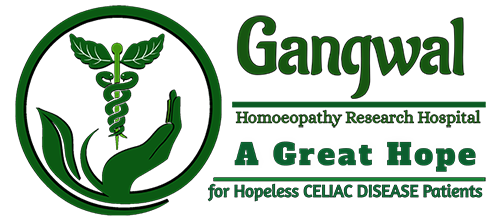ITP Treatment
These is big possibility in Homoeopathy for the permanent treatment of ITP. As we heard that there is no Cure in any mode of Treatment but our centre claims that there big possibility for the treatment of that type of Autoimmune diseases.
Treatment Duration is minimum 2 years.
We have that types of Cure case
https://youtu.be/5VbOe9AEC6Y
visit our YouTube channel for more details.
The treatment of Immune Thrombocytopenia (ITP) aims to increase the platelet count, prevent bleeding complications, and improve overall well-being. ITP is an autoimmune disorder where the immune system mistakenly attacks and destroys platelets, leading to a low platelet count and an increased risk of bleeding. Treatment options for ITP depend on the severity of the condition, the presence of bleeding symptoms, and the individual’s overall health.
Here are some common treatments for ITP:

Observation:
In cases of mild or asymptomatic ITP, especially in children, close monitoring without immediate intervention may be considered. The platelet count is monitored regularly to watch for any significant drops.
Corticosteroids:
Corticosteroids, such as prednisone or dexamethasone, are often the first-line treatment for ITP. They work by suppressing the immune system’s activity, reducing platelet destruction, and increasing the platelet count.
Intravenous Immunoglobulin (IVIG):
IVIG is a solution made from donated human blood that contains a high concentration of antibodies. It can rapidly increase the platelet count by interfering with the immune system’s attack on platelets.
Anti-D Immunoglobulin:
Anti-D immunoglobulin (WinRho or Rhophylac) is a medication used specifically for Rh-positive individuals with ITP. It helps increase the platelet count by blocking the immune response against platelets.
Thrombopoietin Receptor Agonists (TPO-RAs):
TPO-RAs, such as romiplostim and eltrombopag, are medications that stimulate the production of platelets in the bone marrow. They can be effective in increasing platelet counts in both children and adults with ITP.
Splenectomy:
In cases of chronic or refractory ITP, where other treatments have not been successful, surgical removal of the spleen (splenectomy) may be considered. The spleen is responsible for destroying platelets, and its removal can lead to increased platelet counts.
Immunomodulatory Drugs:
Medications like azathioprine or mycophenolate mofetil may be used in refractory cases of ITP to suppress the immune system and reduce platelet destruction.
Avoiding Blood-Thinning Medications:
Individuals with ITP should avoid non-steroidal anti-inflammatory drugs (NSAIDs) and blood-thinning medications like aspirin that can further increase the risk of bleeding.
In homoeopathy the problem can be cured.

The choice of treatment depends on factors such as the individual’s age, platelet count, bleeding symptoms, and response to previous treatments. In some cases, a combination of treatments may be used. It’s essential for individuals with ITP to work closely with their healthcare providers, usually hematologists, to develop a personalized treatment plan and regularly monitor their platelet count to manage the condition effectively.









